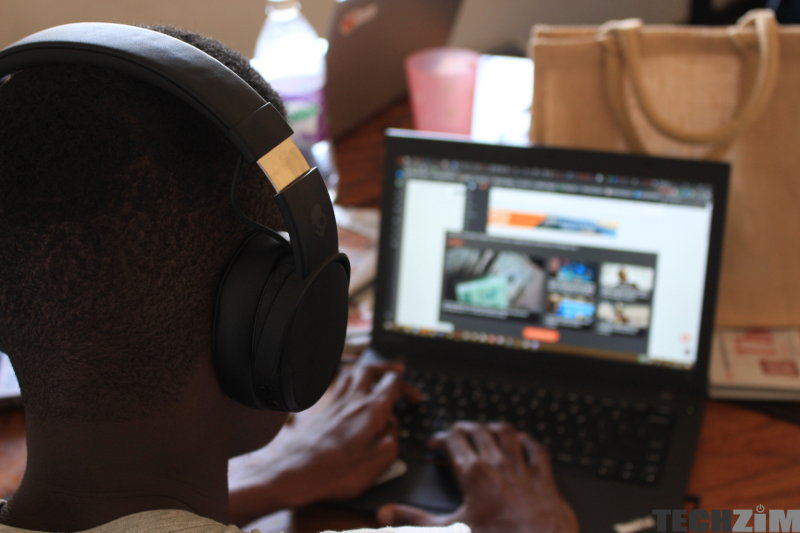For a long time, the work from home revolution has been brewing, but no one expected it to come in such a cataclysmic fashion as it did in 2020.
As expected, developing countries such as Zimbabwe where innovations opportunities take forever to be adopted, there has not been much focus on remote working, particularly from the government side.
It’s encouraging however that individual citizens, particularly the youth, are exploiting global opportunities in forex and stocks trading, web-designing and other ICT (mostly) telecommuting work. With focus, hard work and personal skills development, it is also encouraging that these individuals are turning into these remote working spaces on full time as they get decent, and relatively stable earnings over time.
In other countries, particularly in the West there are jobs where employees exclusively work all day for companies or other people. These people can have a full time job or work on a per project basis as a freelancer.
For a long time, work from home jobs have been limited to certain professions such as digital marketing, content writing, research, analytics among others, but that is all changing now. Fields such as accounting and engineering are among those slowly edging towards remote work. In order to get an idea of why I refer to remote work as a revolution, a few statistics should make it clear:
- 16% of the companies in the US exclusively hire remote workers;
- The number of people who work from home globally has increased by 140% since 2005;
- Telecommuting has grown 115% in the past decade.
I could go on with the statistics, but for the sake of time, it’s important to look at what is happening globally now and what this revolution means to the reader.
What about Africa?
Because of current lockdowns across Africa, it is imperative that companies/individuals in Africa rethink their work culture and consider work from home or remote work.
Research has shown that working from home results in happier employees, greater productivity, and several other benefits.
Besides helping alleviate the massive unemployment in Zim, working from home can also address the issue of low income earnings as global work from home job markets usually have competitive pay rates.
A number of platforms in the world offer remote, work from home jobs. Platforms such as Upwork , Fiverr and many others offer remote work opportunities. Regionally, Fountain Marketplace is a South African and Zimbabwean platform offering remote jobs, and in addition to global work from home opportunities, there is also a bias towards regional ones. The list above is not exhaustive.
Competition is tougher
Finally, a warning – remote work markets usually require that one be adept in their trade. This is because you are competing against applicants from different countries, you have to be an outstanding candidate in your game. Your work ethic also has to be high if you want to consider remote work, reason why some companies prefer a certain world region when hiring remote employees.
The world will not be the same after Covid-19: companies need to consider opportunities presented by remote work and of course, make sure that adequate accountability and monitoring employees are in place before just rushing to hire work from home employees.
Author Bio
Nhamo Dapi is an Actuarial Analyst who is also passionate about social and economic development. He can be reached at ndapi@fountainsolutions.co.zw

What’s your take?